How to dissolve blood clots naturally
February 6, 2023
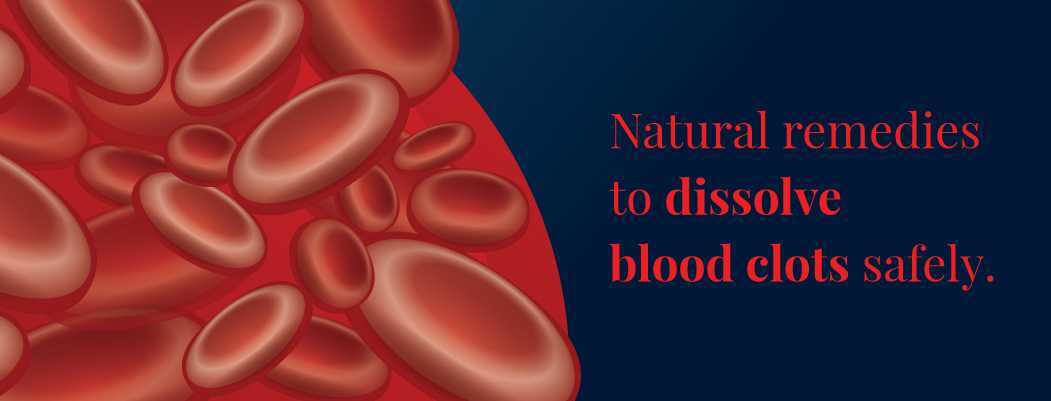
Blood clots can be a serious health concern, leading to various complications. They can occur in any part of the body, but blood clots in the legs can be particularly dangerous as they can cause deep vein thrombosis (DVT), which is a condition where a blood clot forms in one or more of the deep veins in the leg. In severe cases, a blood clot can break off and travel to the lungs, causing a pulmonary embolism. While there are medical treatments available to dissolve blood clots, there are also natural remedies that can help in dissolving them.
Contents
Home remedies to help in dissolving clots
Exercise
Exercise can help improve blood flow in the body, and this can be particularly helpful in preventing blood clots from forming. Regular exercise can also help in breaking down existing blood clots. Low-impact exercises such as walking, cycling, and swimming are recommended as they are less strenuous on the body.

Compression stockings
Compression stockings are designed to put pressure on the legs, and this pressure can help prevent blood clots from forming. These stockings can also help reduce the risk of complications in people who already have blood clots.
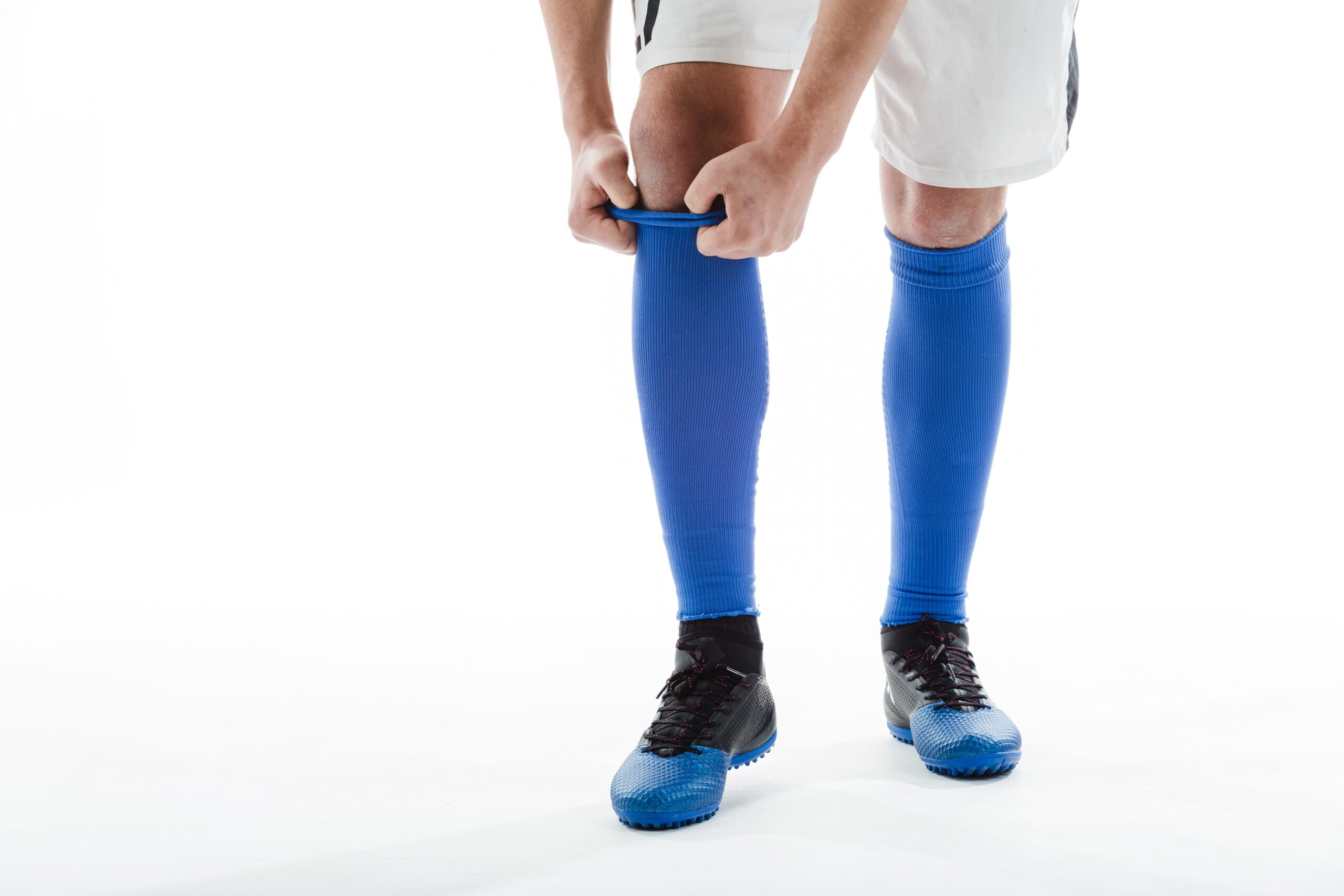
Ginger
Ginger is a natural blood thinner and anti-inflammatory agent that can help in dissolving blood clots. It contains a compound called gingerol, which helps in preventing platelets from sticking together and forming clots. Ginger can be consumed in various forms, such as in tea or as a supplement.
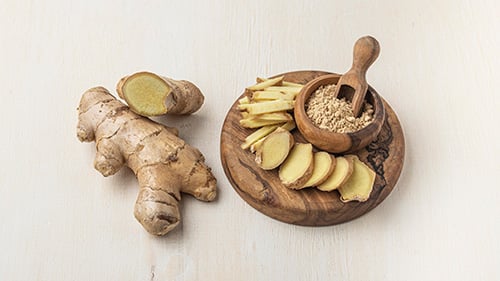
Turmeric
Turmeric is a spice commonly used in Indian cuisine that has anti-inflammatory properties. It contains a compound called curcumin, which has been shown to prevent blood clots from forming. Turmeric can be consumed as a supplement or added to food.
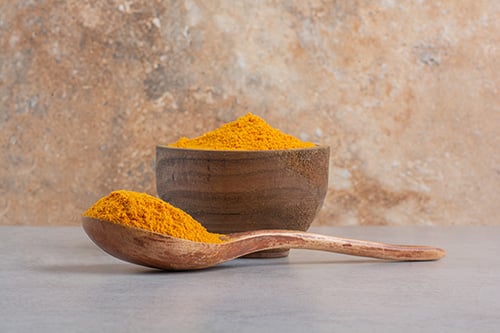
Garlic
Garlic is another natural blood thinner that can help in dissolving blood clots. It contains a compound called allicin, which helps in preventing platelets from sticking together and forming clots. Garlic can be added to food or taken as a supplement.

Cayenne pepper
Cayenne pepper is a natural blood thinner that can help improve blood circulation in the body. It contains a compound called capsaicin, which helps in preventing blood clots from forming. Cayenne pepper can be added to food or taken as a supplement.
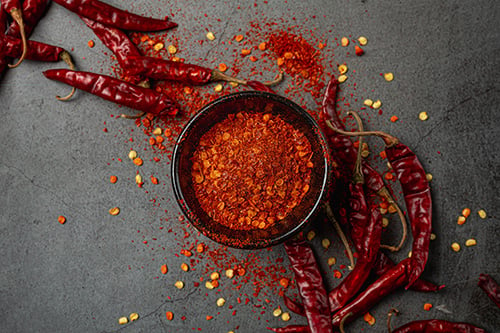
Water
Drinking plenty of water can help dissolve blood clots as it helps keep the blood thin and flowing smoothly. Drinking at least eight glasses of water a day is recommended to help prevent blood clots from forming.

Foods rich in vitamin E
Foods rich in vitamin E, such as almonds, avocado, and spinach, can help dissolve blood clots. Vitamin E has anticoagulant properties and can help prevent blood clots from forming. It is recommended to consume foods rich in vitamin E regularly.
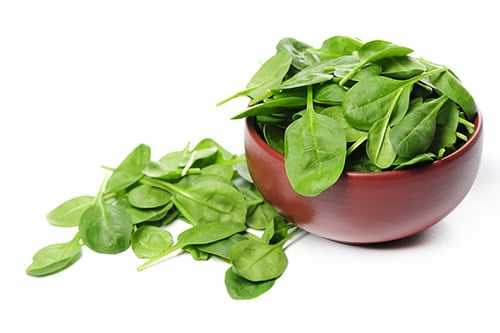
Vitamin C
Vitamin C is an antioxidant that can help in preventing blood clots from forming. It also helps in improving blood circulation in the body. Foods rich in vitamin C include citrus fruits, bell peppers, and strawberries.

Omega-3 fatty acids
Omega-3 fatty acids are essential fats that can help in preventing blood clots from forming. They are found in fatty fish such as salmon, tuna, and mackerel. Omega-3 supplements are also available for people who do not consume enough fatty fish.
It is important to note that while these natural remedies can be helpful in dissolving blood clots, they should not replace medical treatment. If you suspect that you have a blood clot in your leg, it is important to seek medical attention immediately. Medical treatments such as blood thinners and clot-busting drugs
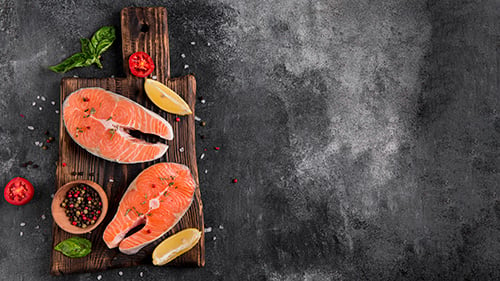
Prevention of blood clot
There are various habits you can adopt to prevent the formation of new blood clots in your legs.
You can wear loose clothing and socks.
Occasionally elevate your legs at least 6 inches above your heart.
Use compression stockings if recommended by your doctor.
Remaining active and engaging in exercise routines recommended by your doctor can also be helpful.
Avoid sitting for extended periods of time and take frequent breaks to move around.
A low-salt diet and avoiding leg injuries are also important in preventing blood clots.
Avoid crossing your legs or placing pillows under your knees.
Raising the end of your bed by 4 to 6 inches can also be beneficial.
Additionally, it’s important to take all medications prescribed by your doctor.
When to seek emergency medical attention?
If you experience difficulty breathing, chest pain that intensifies with deep breaths, coughing up blood, or a faster-than-normal or irregular heartbeat, seek emergency medical attention or hematologist immediately as these may be signs of a blood clot. In addition, contact a doctor as soon as possible if you have swelling in your arms or legs, unexplained pain or tenderness, warm skin, or redness or discolouration of the skin. Blood clots may not always show obvious symptoms, so it’s important to seek medical attention if you experience any of these warning signs.
People also ask
How do you melt blood clots naturally?
There are no proven natural remedies that can dissolve blood clots. However, certain lifestyle changes and dietary modifications can help reduce the risk of blood clots and improve overall cardiovascular health. These include regular exercise, maintaining a healthy weight, eating a balanced diet rich in fruits, vegetables, and whole grains, staying hydrated, and avoiding smoking and excessive alcohol consumption.
What can you drink to dissolve blood clots?
There are no specific drinks that can dissolve blood clots. However, staying hydrated by drinking plenty of water can help prevent blood clots from forming in the first place. Certain beverages like green tea, grape juice, and cranberry juice contain antioxidants and other compounds that may help improve cardiovascular health and reduce the risk of blood clots.
How long does it take for a blood clot to dissolve naturally?
The time it takes for a blood clot to dissolve naturally can vary depending on the size and location of the clot. It’s important to follow your doctor’s recommendations and continue taking any prescribed medications until your clot has dissolved completely.








